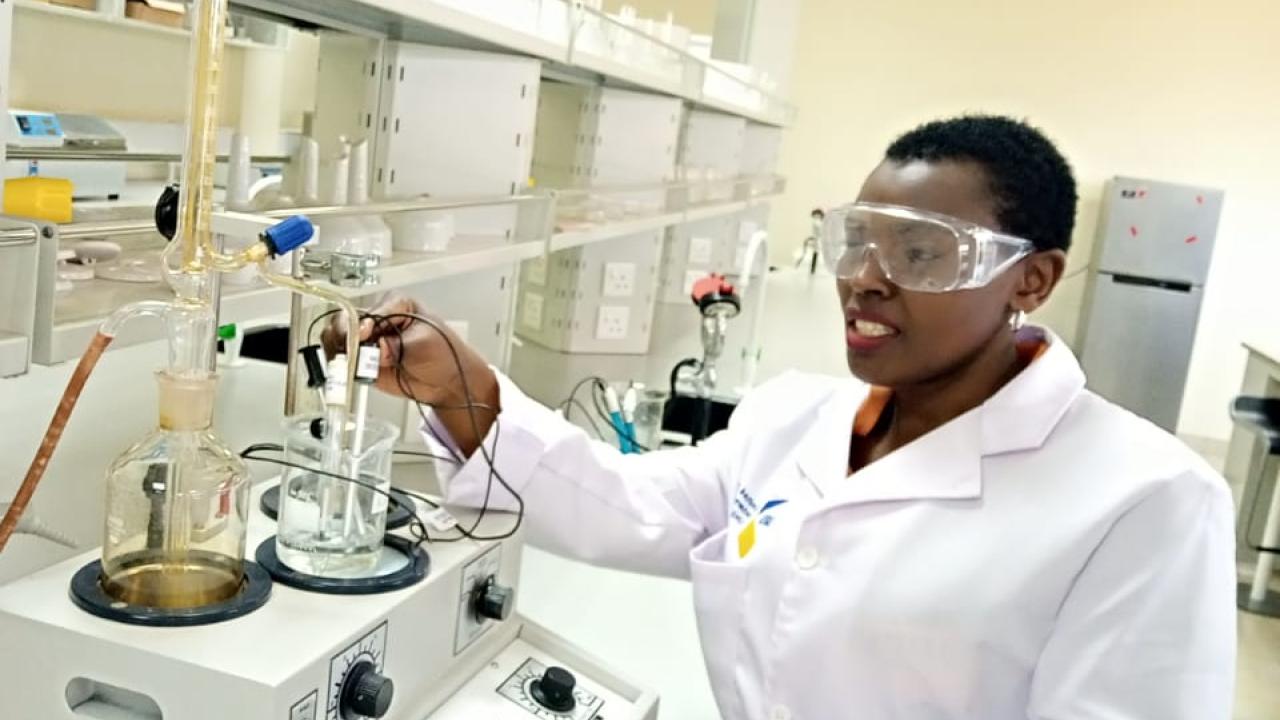Meet the 2020 OWSD Early Career Fellows

The 2020 OWSD Early Career Fellows have been selected! These 23 women scientists from the developing world are the third cohort of the OWSD Early Career fellowship programme. They will each receive up to USD 50,000 to lead research projects at their home institutes, and to build up research groups that will attract international visitors. Funding for the fellowship is generously provided by Canada's International Development Research Centre (IDRC).
The Early Career fellows were selected from a highly competitive pool of candidates based on the strength of their research proposals and their proven scientific excellence as well as leadership skills. They come from 15 countries across Africa and the Asia-Pacific region, including Mongolia, Mozambique, Myanmar, Togo and Zambia for the first time in the three years of the fellowship. Among the fellows are a pharmacologist from Mozambique investigating potential treatments for COVID-19 in tropical African populations, a medical scientist from Zambia developing a simple device to support earlier detection of stomach cancer in resource-poor settings, and a computer scientist from Myanmar working to bring the benefits of the Internet of Things and computer vision applications to the developing world.
Meet all the 2020 Early Career fellows below, and click on their names to read more about each scientist's research.

From left to right: Juliah Khayeli Akhwale; Mercy Yvonne Akinyi; Jyoti Bhandari; Martha Zewdie Gebeyehu; Chandima Ariyarathna Hanchapola Appuhamilage

From left to right: Hiruni Harischandra; Nafisa Islam; Violet Kelly; Raquel Matavele Chissumba; Esperance Munganyinka

From left to right: Janelisa Musaya; Phyllis Wambui Muturi; Anastasiah Ngigi; Naumih Mwende Noah; Linda Dyorisse Nyamen

From left to right: Veronica Achieng Okello; Lily Paemka; Thanda Shwe; Priyanga Dilini Talagala; Sylvie Muwenga Tebitendwa

From left to right: Nassifatou Koko Tittikpina; Dulharie Thanuja Wijeratne; Oyunchuluun Yadamsuren
